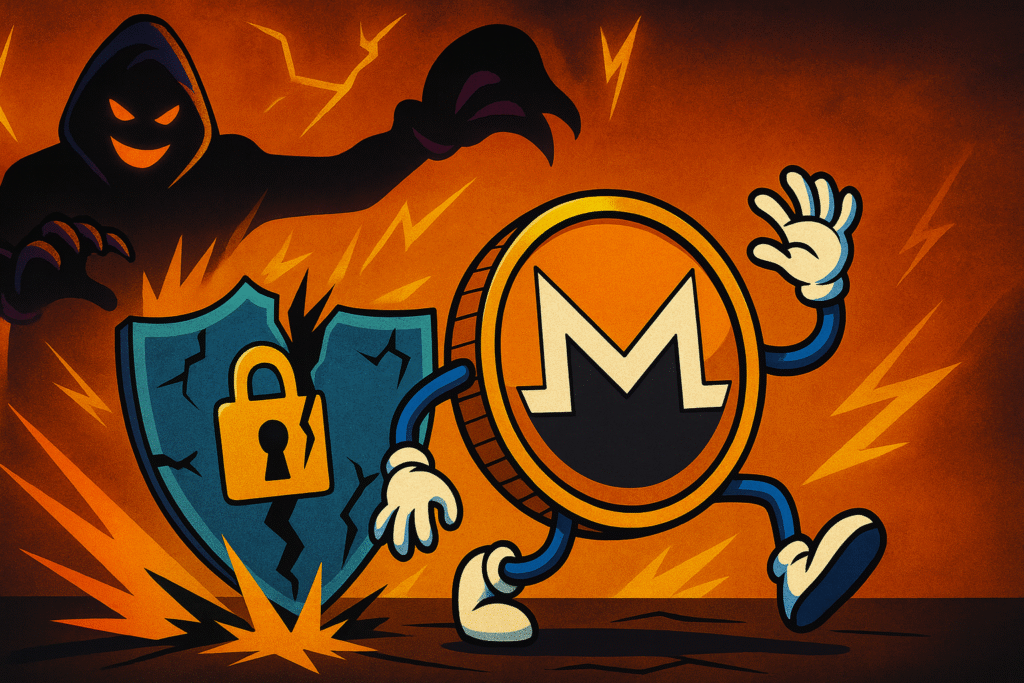
 Rising concern as Qubic asserts control over Monero’s network
Rising concern as Qubic asserts control over Monero’s network
Monero is facing intense scrutiny after Qubic, a project led by former IOTA co-founder Sergey Ivancheglo, publicly claimed to control over 51% of Monero’s hashrate. This alarming announcement instantly raised red flags across the crypto space, as it opens the door to serious attack vectors like double spending, transaction censorship, and chain reorganizations threats Monero has largely avoided in its history.
 Developer community responds swiftly
Developer community responds swiftly
In response to the shocking claim, Monero developers quickly issued guidance to help safeguard users and infrastructure. They recommended exchanges and wallet providers increase confirmation thresholds, suggested greater use of peer-to-peer transactions, and urged miners to decentralize pool usage. While it’s still unclear whether Qubic’s move was malicious or strategic, the Monero community is preparing for every possible outcome.
📉 Markets react with steep sell-off
The claim’s impact was immediate on XMR’s price, which dropped over 6% in 24 hours and more than 16% over the past week, marking one of its worst declines in months. Traders and investors are monitoring closely, trying to determine whether this was a short-term shakeup or a warning sign of deeper instability within the network.
 Monero’s role in the evolving privacy coin landscape
Monero’s role in the evolving privacy coin landscape
This event arrives amid growing regulatory pressure on privacy focused cryptocurrencies. Monero remains a pioneer in on-chain anonymity, but competitors like Zcash, Secret Network, and Pirate Chain are gaining traction. Each project offers a unique balance between privacy and compliance, making Monero’s future even more dependent on network trust and decentralization.

